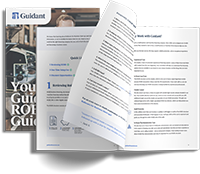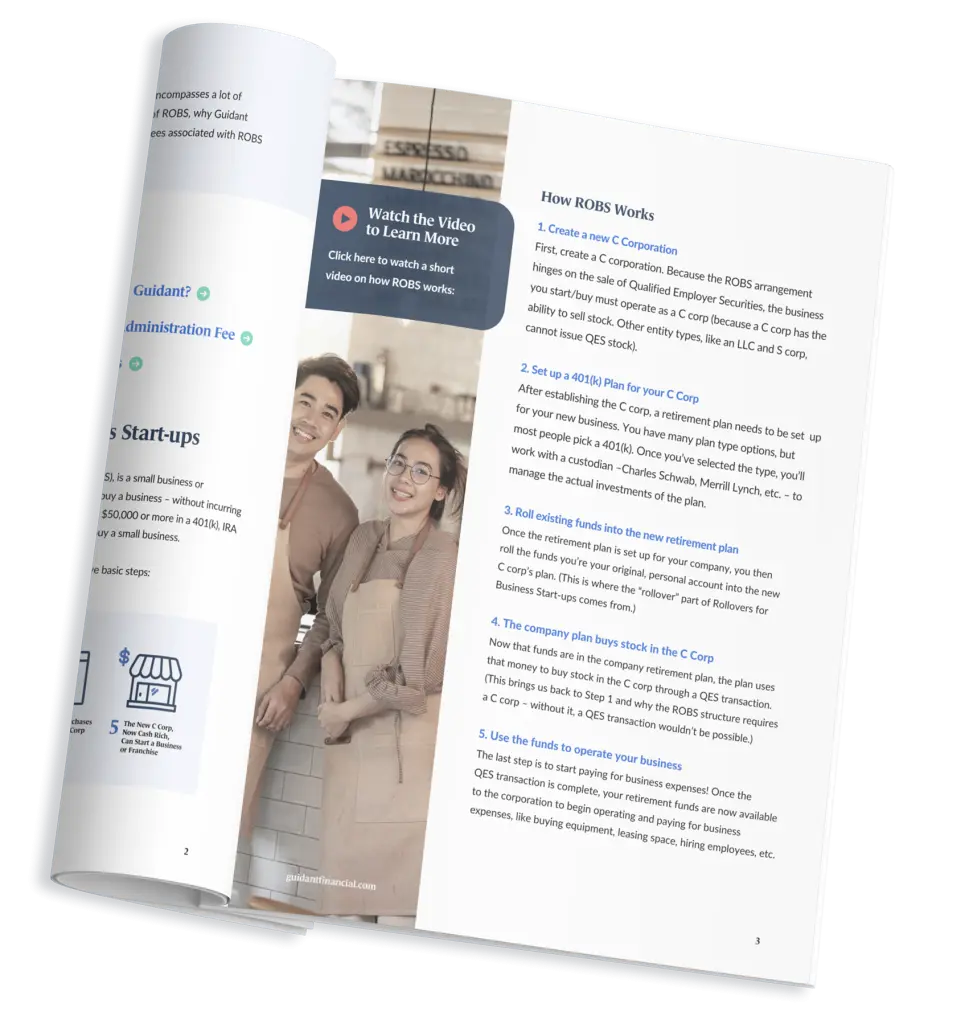Recently, we created a guide to relocating your small business. As we turn our attention to the topic of employee relocation, it’s important to understand that relocation isn’t one-size-fits-all.
Employee relocation, also called global mobility or corporate relocation, is a benefit you may offer to employees that relocate for work purposes.
Employees that relocate for work may be relocating for the following reasons:
- To join the business (new hires)
- To take on a new role at a different location (transfers)
- To receive a promotion that allows for moving to a different office, and location, within the company (current employees)
The relocation process can be expensive. Relocation expenses that employees often need help covering may include:
- Travel expenses
- Housing, which may range from temporary housing to permanent housing in the form of a home sale
- Insurance coverage for shipped goods
- Spousal employment assistance in the new location (if the employee is married)
- Pet registration (if the employee has pets)
Employee relocation will differ for employees at all ages and stages of their lives. The best place to begin is determining your own employee relocation package. What your business is able to offer? In this article, we’ll walk you through the necessary steps to create a domestic employee relocation package.
1. What is Employee Relocation?
The ongoing COVID-19 pandemic has changed the way Americans work and where they live. An April 2021 survey of 1,000 Americans from Move.org reveals that 38% of respondents plan to move in 2021, and 36% of these moves will be work-related.
Employee relocation is defined as the process of moving a new or existing employee from one location to another for work purposes. Typically, relocation assistance is discussed after a candidate receives a formal job offer. Situations in which it is appropriate to offer relocation assistance include hiring new employees, employee transfers to other offices and divisions within the company, and promoting existing employees. Relocation packages work to help cover all or part of the costs incurred to employees during the moving process.
An employee relocation package is not a requirement for a small business. While it is not a requirement, there are several fantastic benefits that come with businesses having an employee relocation program. Employees get peace of mind in knowing they will receive financial support with moving expenses as they prepare to embark on their new opportunity. Businesses may also use relocation packages to incentivize a wider talent pool. Relocation packages often attract candidates that may not live in the same city but will move for the right offer and relocation assistance. This is especially true for organizations in states with high tax rates.
2. Employee Relocation Policy Offerings
Employee relocation programs are not one-size-fits-all, as mentioned earlier. Employees may have specific needs that must be accommodated and may review their essential needs with their employer.
Here are some basic offerings that should be covered in every relocation policy:
- Travel reimbursement. Whether flying, driving, or riding a train, a relocation policy should cover transportation and travel costs of the employee and any of their family members or pets to the new location.
- Temporary housing. A relocation policy should be able to expense short-term housing options. Short-term housing may include apartment rentals or hotel stays. This is true of a temporary relocation as well.
- Assistance to break a lease or sell a home. Many employees that are relocating have existing apartment leases or homes. A relocation package may be able to assist you in cutting these financial ties and offering help in finding a new home.
- Packing and moving services. This policy may cover storing household personal property, furniture, moving expenses, and purchasing moving insurance.
- Spousal employment assistance. If your employee moves with a spouse, there may be an allowance provided to help spouses find employment.
Remember that these are just a sampling of offerings that may be present in an employee relocation package. They are likely to change depending on whether the relocation is a temporary relocation, or permanent. Review this policy with the new employee to ensure it meets their specific needs.
3. Relocation Benefits Packages
Paying for employee relocation is quite expensive. The average cost may be quoted anywhere from $24k for renters and $79k for homeowners. In some cases, employee relocation can cost upwards of six figures.
Before 2017, relocation packages were not considered taxable income. Unfortunately, effective January 1, 2018, any relocation costs — including reimbursement — are considered taxable income. This means they are subject to income and employment taxes.
Just as relocation isn’t a one-size-fits-all approach, there are several types of relocation packages to choose from. Here are a few of the most popular options.
Lump-sum package
A lump sum relocation package works exactly as suggested by its name. An employee will receive a set amount of money to put towards their move and may keep any leftover funds.
This package requires setting and sticking to a strict move-specific budget, so do not use the fund provided to you to pay for expenses unrelated to the move.
Tiered package
A tiered package works to match an employee, their level of experience, and circumstances, such as whether the employee has a family, with the appropriate relocation package. These packages are tailored to meet the employee’s financial needs. A tiered package is often a popular relocation option as there is an option for everyone at all levels of the business.
For example, tier one might offer a relocation package for an entry-level employee like a new college graduate that is a private tenant and does not have a mortgage. Mid-level employees may be matched with a tier two package for those with mortgages and private tenants. Tier three would provide relocation package assistance to high-level employees like VPs and senior executives.
Reimbursement package
Take care with a reimbursement package option. Employees will be responsible for paying for all their moving expenses and receiving reimbursement from their new employer.
Prior to making the move, discuss how much you plan to spend on the move with your employer. This is key for employees to find out if their employer can reimburse them for these expenses. Some businesses may set a limit on the amount they are able to pay for, so you may need to work within their budget. Get receipts for all expenses and make copies for proper reimbursement.
Fully covered relocation package
A fully covered relocation package lives up to its name: it fully covers all moving expenses. This package is generally for senior-level employees that will have costly moves.
4. Other Ways to Offer Support
What if you cannot offer an employee relocation package? Many businesses cannot spend this amount of money on new hires, transfers, or existing employees.
However, small businesses can still offer support to employees. They may introduce you to a real estate agent to help sell your home, discuss transportation with the employee (like free parking options at the office), share a list of nearby stores and attractions that might be of interest, and suggest good schools in the area for employees moving with children.
No matter which method employees choose to relocate for their new job, stay connected with them. Follow up if they have any questions and engage with them as they settle into the new city and their new home. Welcome employees warmly on their first day at their new job, and check in to see if they need anything. They’ll feel appreciated and glad that they relocated to join your business!
Deborah Sweeney is the CEO of MyCorporation.com. MyCorporation is a leader in online legal filing services for entrepreneurs and businesses, providing start-up bundles that include corporation and LLC formation, registered agent, DBA, and trademark & copyright filing services. MyCorporation does all the work, making the business formation and maintenance quick and painless, so business owners can focus on what they do best. Follow her on Twitter @deborahsweeney and @mycorporation.


















